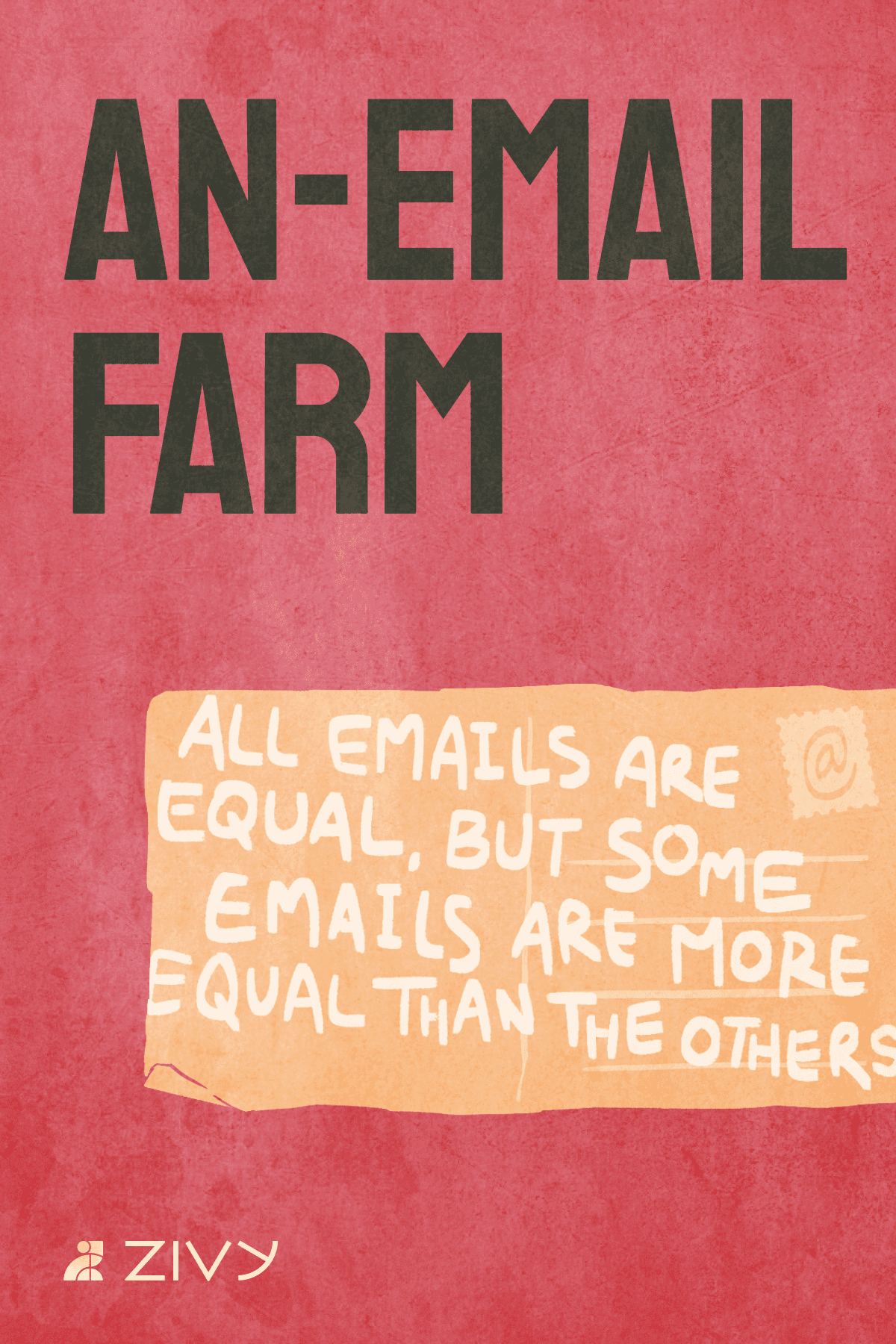Inbox Zero vs Inbox Zero
April 18, 2024 ● Nidhi Sharma ● 3 minutes
What does Inbox Zero mean?
Take a minute.
Turns out, it doesn't mean having read or taken an action on all the emails. The idea was that when you leave the inbox, you don't continue living in it. But OF COURSE, this has been twisted to mean that you must always stay on top of it. The more wireless our devices become, the more tethered we get to them. It doesn't matter if you have a new email 3 minutes later. Do it again. And again. And again. All day. Every day.
If reading the last line was tiresome, how exhausting is actually living it? Although mindfulness as a concept has been around since 500 BC, it has taken on a whole new significance in the digital age. And this corrupted idea of Inbox Zero sure kicks the butt of the practice of mindfulness.
When Merlin Mann popularised the term "Inbox Zero" in the 2000s, he also offered some tips which were incredibly useful at the time. Some of them may not be relevant anymore but the idea that he was trying to perpetuate, still is. Personally, our favourite line from his articles was that replying to people with long emails just so you don't seem rude requires you to "behave like every message you get is the internet equivalent of an engagement ring". How delightfully far-sighted at a time when the real onslaught of information overload hadn't really started.
Let's put aside what the originally intended meaning of the term was, and talk about the more commonly believed concept of Inbox Zero - leaving no email unopened. Sounds like a battle cry - Leave no man behind!

Why do we discourage this way of working? Because not all emails were created equal. So why should they have the same level of access to our time and mind space?
Your credit card statement and the upcoming meeting at the community centre, even if highly anticipated, cannot possibly be at par with each other. But what if the meeting is tomorrow and the bill is due in 7 days?
Filtering and tagging emails are great ways to quickly sift through your emails. Until you create so many categories that it takes you just as long to go through them as it would to read every email. Talk about wasted potential!
What we advocate is that we only allow information which is pertinent to us in that moment to access our brain. Zivy helps you do exactly that by sifting through all the messages to present what's important to you in that moment!
Although we didn't ask for the responsibility, we are the gatekeepers to our time and attention. If we let just about anything in, we are bound to suffer later, in silence or otherwise.
Pavlov trained his dog to drool at the sound of a bell. We check our devices at the sound of a notification. I guess we all work pretty much the same way.
Let's go back to getting emails, not letting emails get to us.